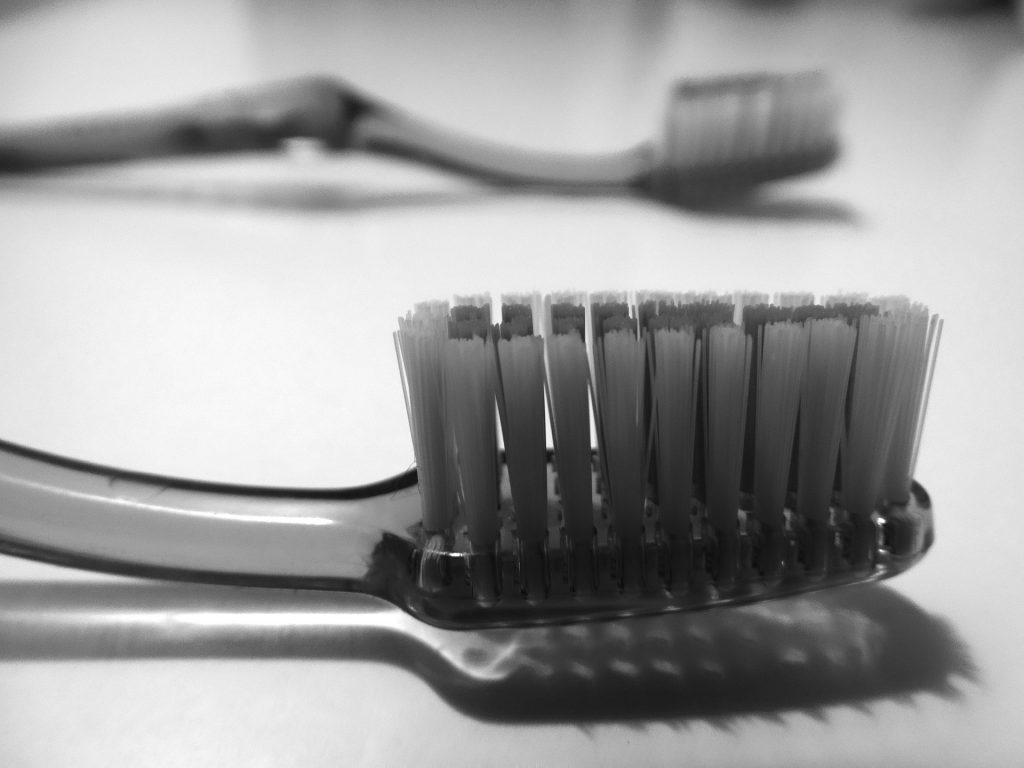You might not be big into the tabloids, so in case you missed it, actress Demi Moore recently revealed that her two front teeth are fake. A photo of her without a tooth caused a stir, and it became a topic of discussion on “The Tonight Show Starring Jimmy Fallon.” When asked about her fake teeth, Moore said that although she would love to be able to say she lost them due to something “cool,” her original teeth fell out due to stress.
Many people feel the side effects of stress on a daily basis – muscle tension, anxiety and irritability are just to name a few. However, it came off as a bit strange when Moore cited tooth loss.
 So is there any truth to her claims?
So is there any truth to her claims?
While it isn’t our place to dispute the actress’ personal health, there are a few scientific studies that link teeth to stress. One study conducted by 2006 looked at 230 people ages 50 and older to determine how stress, depression, and cortisol levels impact oral hygiene. In the end, they found that chronic stress, depression and cortisone levels were risk indicators of “elevated plaque and gingivitis levels” in some people. Some of these symptoms can result in tooth loss, if they aren’t addressed. (Hugo et al., 2006)
A 2007 paper also notes that psychological stress can weaken the immune system. In turn, this can render people susceptible to the bacteria that cause gum disease. Once again, this can eventually lead to tooth loss if it isn’t treated. (Peruzzo et al., 2007)
However, there is little out there in terms of research that says, “Stress will cause your teeth to fall out,” so don’t panic just yet. Instead, educate yourself on some of these real health concerns that may arise from stress, according to the Mayo Clinic. (“Stress symptoms: Effects on your body and behavior – Mayo Clinic,” n.d.)
- High blood pressure
- Heart disease
- Obesity
- Diabetes
There are also more “common” side effects that shouldn’t be overlooked, such as fatigue, headache, and sleep problems. In terms of behavioral side effects, you may over-eat or under-eat, exhibit angry outbursts, abuse drugs or alcohol, or exercise less often.
Luckily, it’s easy enough to reduce stress, if you’re willing to put in the time and effort. Relaxation techniques, such as meditation and yoga, can do wonders for stress. Setting aside enough time for your personal interests and hobbies can also help you eliminate it. In the end, you’ll feel better inside and out – and your teeth will surely be the last of your worries.
